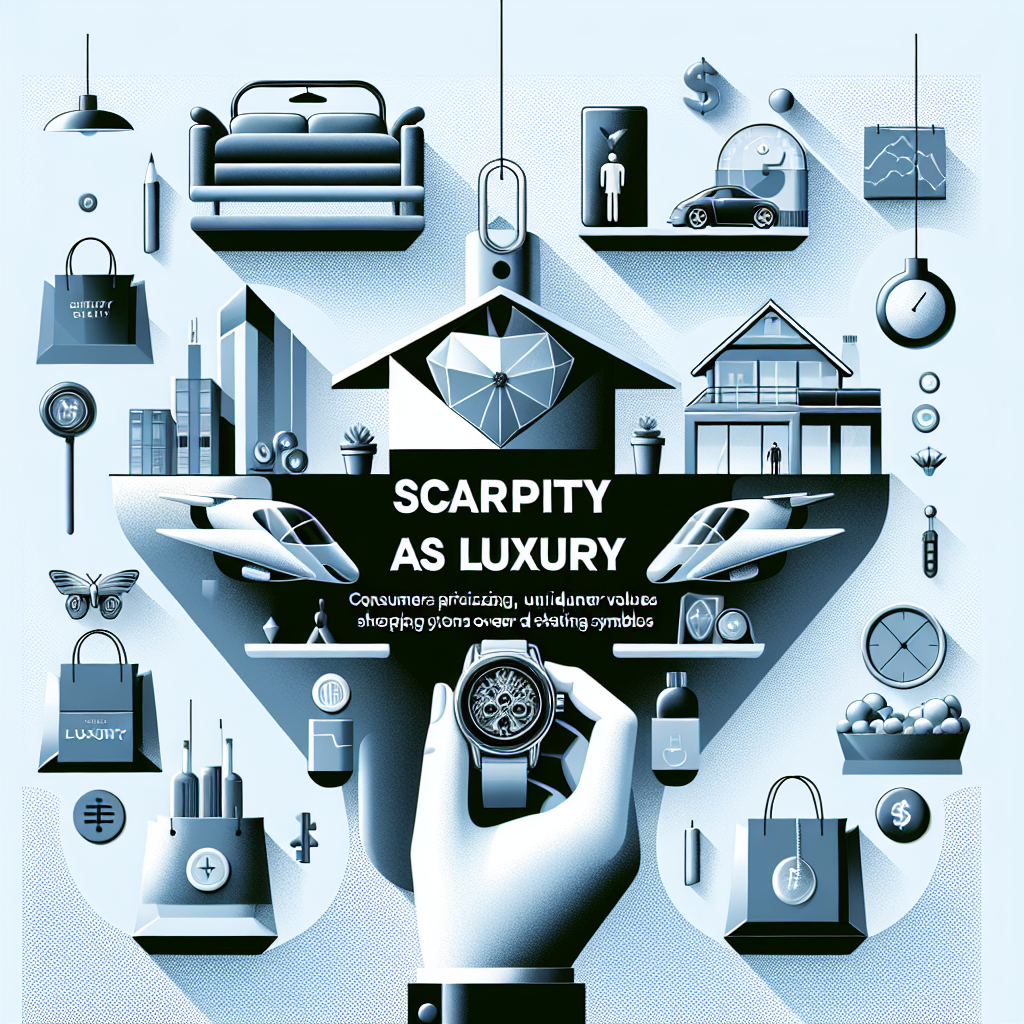AI-Powered Voice Cloning and Its Potential in Marketing
Introduction: The Emergence of Voice as a Marketing Frontier
The marketing landscape has undergone significant transformation with each technological revolution, from print to radio, television to digital, and now to the realm of artificial intelligence. Among AI's most compelling applications is voice cloning technology—the ability to synthesize and replicate human voices with remarkable accuracy. According to the Voice Experience Report by Juniper Research, voice-based commerce is projected to reach $80 billion by 2026, highlighting the growing significance of voice in the digital marketing ecosystem. As consumer interactions increasingly shift toward voice-activated devices and audio content, marketers are exploring voice cloning as a powerful tool for personalization, scalability, and engagement. This article examines how AI-powered voice cloning is reshaping marketing strategies, its applications across industries, ethical considerations, and future trajectory in an increasingly voice-first digital environment.
The Technology Behind Voice Cloning: From Text-to-Speech to Neural Voice Synthesis
Voice cloning technology has evolved dramatically from rudimentary text-to-speech systems to sophisticated neural network-based voice synthesis:
a) Machine Learning Foundations
Modern voice cloning leverages deep learning architectures, particularly:
- Generative Adversarial Networks (GANs): Create increasingly realistic voice simulations through competitive neural network training
- Transformer models: Process sequential data to capture the nuances of speech patterns
- WaveNet and similar technologies: Generate humanlike prosody, intonation, and emotional resonance
b) From Hours to Minutes: The Democratization of Voice Synthesis
Early voice cloning required extensive voice samples (8-10 hours), but current technologies can generate convincing replicas from just a few minutes of audio. Companies like Descript, Resemble.AI, and Respeecher have developed platforms that enable marketers to create custom voice models with minimal input data.
c) Real-Time Adaptation and Personalization
Advanced systems now modify tone, emotion, and emphasis contextually, adapting to marketing needs across different customer touchpoints.
Strategic Applications in Marketing: Beyond Novelty to Utility
Voice cloning is transcending mere technological novelty to deliver tangible marketing value:
a) Personalized Audio Experiences
Research by Accenture reveals that 91% of consumers prefer brands offering personalized experiences. Voice cloning enables:
- Customer-specific audio messaging tailored to individual preferences and behaviors
- Location and context-aware voice interactions that adapt to consumer circumstances
b) Scalable Content Creation and Localization
Voice cloning dramatically reduces the resources required for audio content production:
- Example: Spotify has experimented with cloned voices to scale podcast advertising across thousands of variations without requiring voice actors to record each segment
- Global brands like Coca-Cola have utilized voice synthesis to rapidly localize campaigns across languages while maintaining brand voice consistency
c) Voice Identity as Brand Asset
As Mark Ritson notes in his brand asset management framework, distinctive brand assets drive recognition and recall:
- Example: Amazon has created a consistent voice identity across its ecosystem, enhancing brand recognition
- Financial services company Mastercard has developed a "sonic brand identity" that incorporates voice elements across customer touchpoints
Ethical Considerations and Regulatory Landscape
The power of voice cloning brings significant ethical challenges:
a) Consent and Ownership
- Voice actors and celebrities have raised concerns about voice rights, leading to new contractual frameworks addressing voice likeness
- California's Voice Cloning Law (2020) explicitly requires consent before using someone's voice in synthetic media
b) Transparency and Disclosure
Marketing ethics demands clear disclosure when synthetic voices are used:
- The FTC has signaled increasing scrutiny of undisclosed synthetic media in marketing
- Industry self-regulation through groups like the Partnership on AI is establishing best practices for transparent use of cloned voices
c) Security and Authentication
As voice becomes an authentication method, cloning raises security concerns:
- Biometric voice authentication systems are developing "liveness detection" to prevent spoofing
- Multi-factor authentication increasingly supplements voice verification
Case Studies: Voice Cloning Success Stories
Several pioneering brands demonstrate voice cloning's marketing potential:
a) Unilever's Multilingual Campaign Efficiency
Unilever deployed voice cloning to adapt a single campaign across 23 markets, reducing production time by 71% and cutting costs by 30%, while maintaining consistent brand voice.
b) Morgan Freeman and Mountain Dew
With proper licensing, Mountain Dew utilized an AI recreation of Morgan Freeman's distinctive voice for personalized digital marketing, allowing customers to receive custom messages that would have been impossible to record individually.
c) NAB's Banking Experience Personalization
Australia's National Australia Bank implemented voice cloning to create personalized financial update notifications, increasing customer engagement with financial information by 27%.
The Future: Emerging Applications and Integration
Voice cloning technology continues to evolve toward greater sophistication:
a) Emotional Intelligence in Voice Marketing
- AI systems are developing the ability to detect customer emotional states and adjust cloned voice responses accordingly
- Professor Jonah Berger's research indicates emotionally congruent marketing messages increase conversion by up to 23%
b) Multimodal Integration
Voice cloning is increasingly integrated with other marketing technologies:
- AR/VR experiences with responsive voice interactions
- Digital humans with synchronized facial expressions and voice responses
c) Voice Personalization Ecosystems
The future points toward interconnected voice personalization across the customer journey:
- Smart speaker interactions that seamlessly transition to mobile and in-store experiences
- Persistent voice identities that maintain context across multiple brand touchpoints
Conclusion: Voice as the Next Marketing Medium
AI-powered voice cloning represents more than a technological innovation—it signifies a fundamental shift in how brands communicate with consumers. As Professor Scott Galloway observes, "Voice is becoming the operating system of our lives," and marketers who master this medium gain a significant competitive advantage. The technology offers unprecedented personalization at scale while demanding new approaches to privacy, consent, and authenticity. For marketing leaders, voice cloning provides an opportunity to create more human, accessible, and emotionally resonant brand experiences while navigating complex ethical considerations. As we enter this voice-first era, the most successful marketers will be those who harness voice cloning's potential while maintaining trust through transparent and responsible implementation.
Call to Action
For marketing leaders looking to leverage voice cloning technology:
- Develop clear ethical guidelines and consent frameworks before implementing voice synthesis
- Invest in voice technology platforms that prioritize both quality and responsible use
- Create cross-functional teams combining marketing creatives, data scientists, and ethics specialists
- Begin with contained pilot projects to measure effectiveness and consumer response
- Prepare for a voice-first future by establishing distinctive voice brand assets today
Featured Blogs

How the Attention Recession Is Changing Marketing

The New Luxury Why Consumers Now Value Scarcity Over Status

The Psychology Behind Buy Now Pay later

The Role of Dark Patterns in Digital Marketing and Ethical Concerns

The Rise of Dark Social and Its Impact on Marketing Measurement








